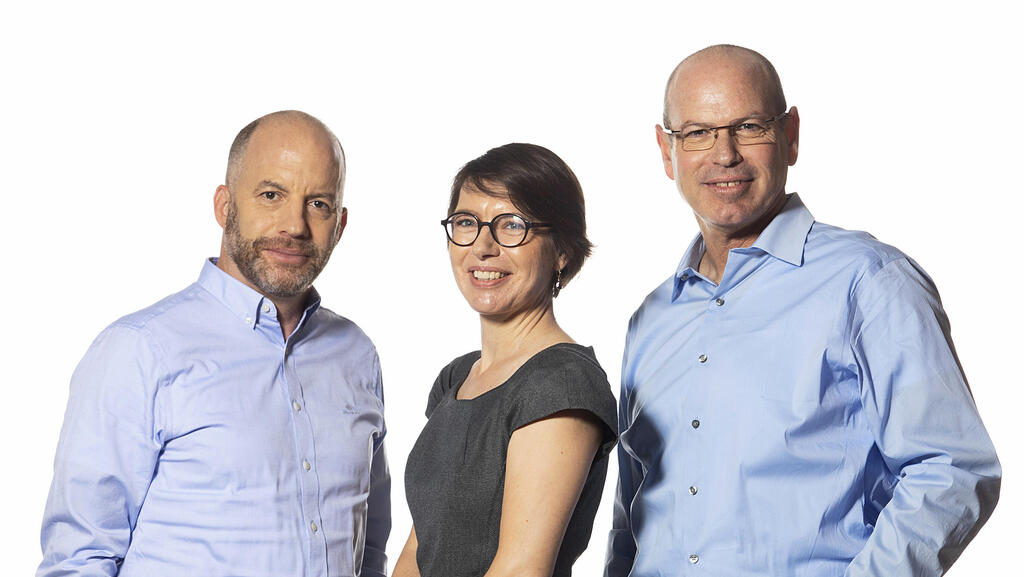
With IPOs paused, Israel Secondary Fund scales third fund to $350 million
ISF expanded its third fund by $40M to purchase holdings from existing shareholders in startups, including investors, entrepreneurs, managers and employees.
IPOs of technology companies are not in sight and the secondary market, selling shares of private companies, is hot. Calcalist has learned that the Israel Secondary Fund (ISF) has expanded its third fund by $40 million. This will bring the fund to $350 million, compared to the initial goal of $250 million, which has already been updated several times upwards. Organizations from abroad participated in the recruitment, which is the first investment in Israel for them.
This fundraising brings ISF's total assets under management to half a billion dollars. ISF has already completed eight investments from the new fund. The fund buys shares in private high-tech companies from various fields and venture capital funds with ties to Israel. Secondary transactions are made by purchasing holdings from existing shareholders in startups, including investors, entrepreneurs, managers and employees, and purchasing holdings from limited investors (LP's) in venture capital funds.
ISF completes the raising of the third fund after a period in which Israeli high-tech companies underwent streamlining and in some of them the value levels are far from those set at the peak of 2021.
Secondary transactions allow investors in companies showing strong performance to realize their holding or a part of it at a time when the public market hardly allows exits.
Related articles:
Also, secondary transactions also allow company employees to exercise some of their options without waiting for a sale or issuance.
Secondary funds purchase the shares at a certain discount on the value in the last private fundraising and wait for the opportunity to realize at a higher value in an issue or sale to another company or fund.
The need for ISF-type funds sharpens especially in the current period, when venture capital funds must return money to their investors and also to release liquidity for new investments. According to a report by the high-tech information and options management company Carta, more than 60% of the funds established in 2019 did not return even one dollar to their investors.
Founded in 2008, ISF’s partners are Dror Glass, Nir Linchevski, Eva Hubsman, Shmuel Shilo and a team of 13 professionals. Over the years, the fund has directly and indirectly invested in over 220 companies, realizing approximately 70 exits and public offerings. These include SolarEdge, Waze, MyHeritage, and recently V-Wave, which was sold to Johnson & Johnson in October 2024 for up to $1.7 billion—the largest health-tech acquisition in Israel to date. The new fund has also already realized investments, including the sale of Innplay to Playtika.
ISF’s investments in startups typically range from $1 million to $20 million, while investments in a venture capital fund and portfolio acquisition can reach $50 million or more. Investors in the fund include institutional investors and pension funds, such as Migdal, Altshuler Shaham, Bank Hapoalim, university endowments, and family offices, from Israel, Europe, and the United States.